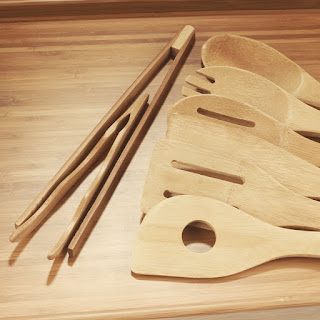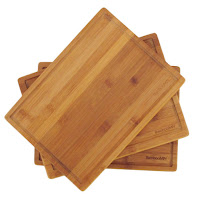Why Use Bamboo Utensils

Why Use Bamboo Utensils Have you ever wondered what the benefits of bamboo utensils are? You’re not alone. As consumers around the world have been growing more eco-conscious about the environmental impact of using things made out of plastic, naturally renewable products such as bamboo utensils have been growing in popularity. What Are the Benefits of Bamboo Utensils? 1. Environmentally Friendly The first benefit of bamboo utensils is the environmental benefits of bamboo. Bamboo is a highly renewable extremely fast-growing natural material. This makes it ideal for utensils and other cooking equipment, since it can be so easily produced without even killing the plant. It is also biodegradable which makes it great for disposable utensil sets. 2. Strong and Durable Utensils The second awesome benefit of bamboo utensils, is that they are strong and durable. Bamboo is much stronger than traditional woods while also being lightweight. This makes them ideal for ...
